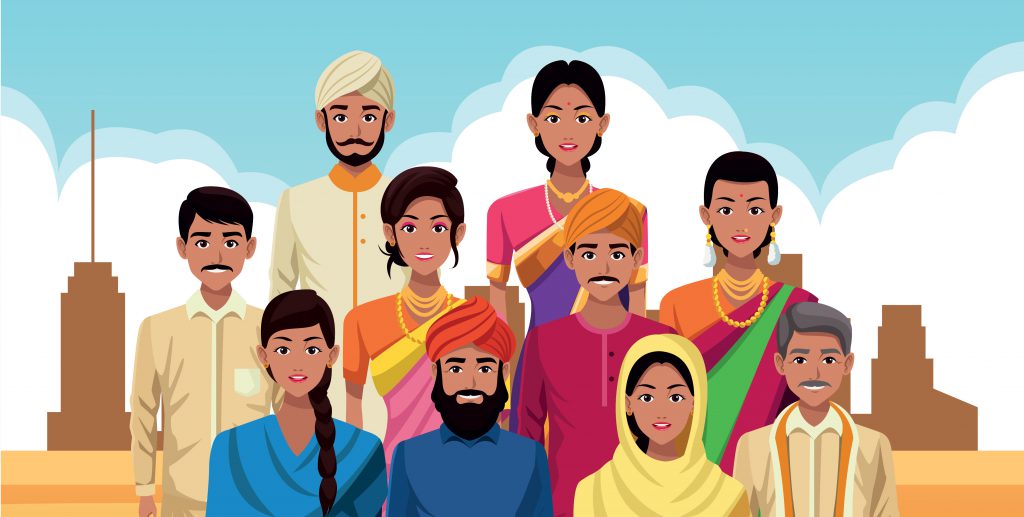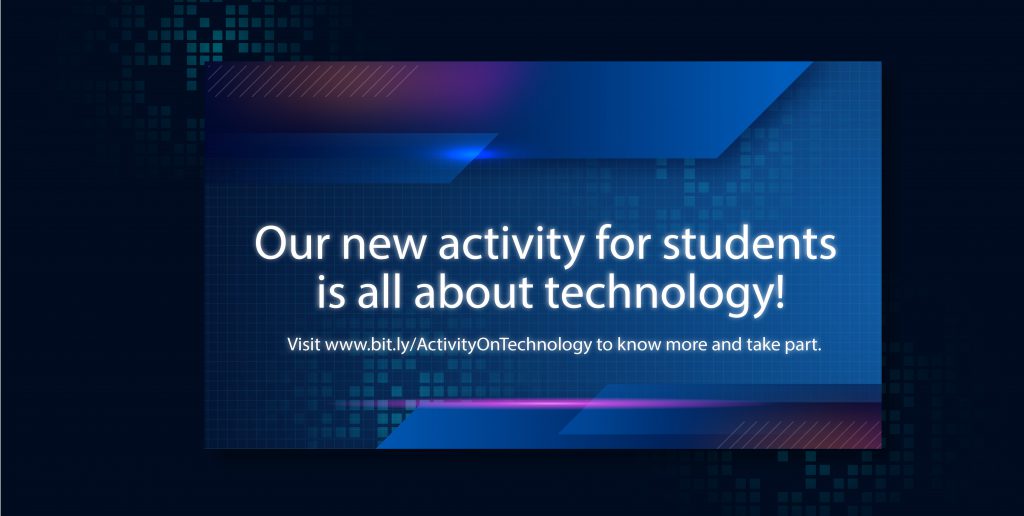ACTIZEN Activity 8
Your Opinion Matters
Type of Activity – Community Engagement Activity
Opinion Survey – Your Opinion Matters


Introduction
A bunch of friends decided to celebrate a festival – they blocked the road, put up a stage with terrible singers and installed massive amplifiers that blared music for a kilometre around. They were exercising their fundamental right to freedom of expression, they said. The people in the neighbourhood spent a sleepless night, and the next morning hauled them to court – they were exercising their right to constitutional remedies, they said. Then the noisy bunch said that they also had a right to equal protection by law. And then…
This is a never-ending story! It’s nice to know and use your rights; it’s nicer still to know that other people also have rights. As Oliver Wendell puts it – “The right to swing my fist ends where the other man’s nose begins.” Try swinging your fist past your friend’s nose and see what happens where that takes you! With rights, come responsibility.
Fundamental Duties have been added to the Constitution of India to help Indian Citizens understand that they are important for the growth of the country, to maintain peace and harmony in the country. Fundamental Duties help and guide us to understand our civil and social responsibilities and that by observing them we ensure democracy in India is upheld.
Expected Outcomes
- Students will be able to think about the fundamental duties in practice.
- Students will become aware of the opinion of Indian citizens towards their duties.
- Students will be able to analyse the difference between constitutional duties and actual duties they need to perform as an Indian citizen.
- Students will be motivated to perform their duties first besides claiming their rights.
Teachers’ Section
Steps for the Activity
- Use the story mentioned in the introduction section to start the class.
- Ask questions to students to get them involved –
- What are the rights we have as Indian citizens?
- Do you think in the given situation, blocking roads, playing loud music during festivals are our fundamental rights?
- Can people stop such gatherings in public places? Do they have the right to take such people to the court?
- Do you think there could be some option to celebrate festivals without disturbing neighbours? Let us all think about some ways now. (Encourage students to suggest ways to celebrate festivals by maintaining peace and harmony.)
- Discuss with students about some of their duties towards their home, school, neighbourhood, country. Why are they important for every citizen? How can we support our country by performing our own duties such that our country becomes respectable all over the world?
- Relate the duties with the current situation too. Discuss the current pandemic situation and connect our duties during COVID times to support our nation during this hard time. How important is it for every citizen to follow rules? You can talk about the vaccination drive. How can students support the drive?
- Debrief the introduction and explain the survey task to the students -
- Tell them they need to do the survey with any 5 adults from amongst their family/friends/neighbours.
- Explain about scores - that nothing is right or wrong – this survey aims to just take different opinions about different situations. People react differently to different circumstances. Difference in opinion is the power of democracy.
- Before conducting the survey in the community, ask students to fill up the survey form themselves first. For this, provide them the survey proforma and give them 10 minutes time to read the statements and fill up in the online class.
- Ask them to make summary of the surveys they conducted and upload the same with their reflection sheets.
Feedback Form for Teachers (To be filled by teachers individually)
The teacher needs to Login to access this Feedback form
Students’ Section
Steps to be Followed
Step 1 – Attend the Explanation Session and take part in the discussion and debrief.
Step 2 – Collect information about the task to be performed from the teacher.
Step 3 – Read and understand all the questions given in the survey proforma and fill it up in your class. (If a printout is not possible, make a table in your notebook or on a plain sheet of paper.)
Step 4 – Select your 5 respondents from amongst your family, friends and neighbours. (Try to select people from different age groups.)
Step 5 – Conduct the survey with selected respondents and mark the scores.
Step 6 – Write down a short report on your findings. (You can make a PPT or a simple one pager report.)
Note – If possible, take permission from all respondents to shoot their videos and take pictures. Use these pictures and videos to make your presentation more interesting. (This is optional and not mandatory.)
ANNEXURE - OPINION SURVEY
Instructions –
- Take prior permission from all respondents to record the survey.
- Read out all statements one by one and give time to respondents to give their responses.
- Score each statement accordingly.
- Fill up a separate form for each respondent.
Survey Proforma
Refer - SURVEY PROFORMA
INFORMATION SHEET
11 Fundamental Duties
- Abide by the Indian Constitution and respect its ideals and institutions, the National Flag and the National Anthem.
- Cherish and follow the noble ideals that inspired the national struggle for freedom.
- Uphold and protect the sovereignty, unity and integrity of India.
- Defend the country and render national service when called upon to do so.
- Promote harmony and the spirit of common brotherhood amongst all the people of India transcending religious, linguistic and regional or sectional diversities and to renounce practices derogatory to the dignity of women.
- Value and preserve the rich heritage of the country’s composite culture.
- Protect and improve the natural environment including forests, lakes, rivers and wildlife and to have compassion for living creatures.
- Develop scientific temper, humanism and the spirit of inquiry and reform.
- Safeguard public property and abjure violence.
- Strive towards excellence in all spheres of individual and collective activity so that the nation constantly rises to higher levels of endeavour and achievement.
- Provide opportunities for education to one’s child or ward between the age of six and fourteen years. This duty was added by the 86th Constitutional Amendment Act, 2002.




Your activities make the students really aware of the documents that they and their family members possess. Important part was the awareness about the utility of these documents.
Thank you so much Surekha Ma’am for your valuable feedback
This activity created a sense of responsibility among students . They were curious to go about in the community and ask questions.
Activity 8 was interesting and made the students really active